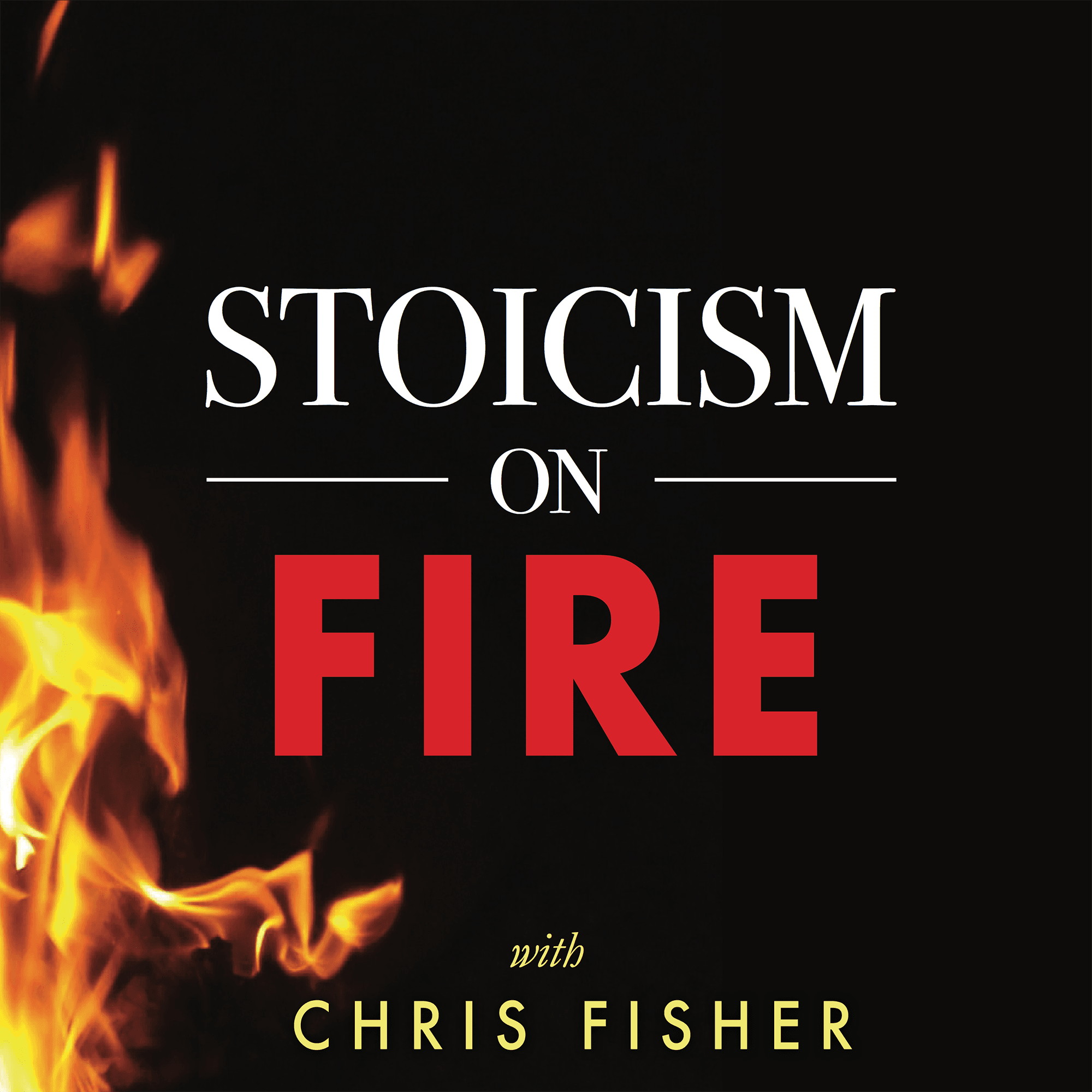Exploring Encheiridion 14 – Episode 53
Description
If you want your children and your wife and friends to survive no matter what, you are silly; for you are wanting things to be up to you that are not up to you, and things to be your own that are not your own. You are just as foolish if you want your slave to make no mistakes; for you are wanting inferiority not to be a flaw but something else. But if your wish is not to be frustrated in your desires, this is in your power. Train yourself, then, in this power that you do have. Our master is anyone who has the power to implement or prevent the things that we want or don’t want. Whoever wants to be free, therefore, should wish for nothing or avoid nothing that is up to other people. Failing that, one is bound to be a slave. (Ench 14)
There's nothing new in this chapter of the Encheiridion for those following the Exploring Encheiridion series. That is the nature of the Encheiridion, which Arrian created as a handbook a Stoic prokopton could keep readily available as a primer for Stoic doctrines. Therefore, many of the lessons are repeated in different forms. Nevertheless, as I was preparing for this podcast episode, I was struck by a question that inspired me to take this episode in another direction. The question is this: Why would anyone with a conscious or unconscious allegiance to the modern secular worldview consider Stoicism a viable way of life. Consider some other passages we’ve already covered in this Exploring Encheiridion series:
When you kiss your little child or your wife, say that you are kissing a human being. Then, if one of them dies, you will not be troubled. (Encheiridion 3)
Don’t ask for things to happen as you would like them to, but wish them to happen as they actually do, and you will be all right. (Encheiridion 8)
Never say about anything, “I have lost it”; but say, “I have returned it.” Has your little child died? “It has been returned.” Has your wife died? “She has been returned.” “I have been robbed of my land.” No, that has been returned as well. (Encheiridion 11)
These statements by Epictetus contradict what all moderns, those raised in the West at least, are taught from childhood. When a person views these statements from the perspective of modernity, they will likely ask: How can anyone past or present assent to ideas like this? What kind of worldview could possibly support such apparently odd and counterintuitive ideas? Therein lies the conundrum moderns face when moderns encounter the Stoic texts. We are confronted with words like God, logos, and providence from the ancient Stoic worldview and likely lack the necessary knowledge to understand the meaning of these words within the context of Hellenistic Greek culture and the holistic philosophical system known as Stoicism.
If moderns have any familiarity with words like God, logos, and providence, it likely comes from religious training or college professors who mocked these ideas. Therefore, secular-minded, enlightened, educated moderns might feel justified in rejecting those ideas. In fact, moderns may feel compelled to reject them as antiquated, pre-Enlightenment ideas. Unfortunately, that judgment of Stoicism is based on a modern worldview with some underlying assumptions and consequences moderns may have never considered. I know that was true for me. As I’ve previously said on this podcast, I was a hardcore atheist when I started studying Stoicism. It took me almost a year to overcome the misconceptions and cognitive biases of my modern worldview.
Worldviews are essential because they guide our beliefs and actions in ways that may evade our conscious awareness and circumspection. Jean-Baptiste Gourinat wrote about this in a paper titled Stoicism Today in 2009. He discussed the connection between Stoicism and Cognitive Behavioral Therapy—CBT—which is partly derived from Stoic principles. He wrote:
Cognitive therapy is based on three hypotheses: (1) one’s behaviou...
More Episodes
An interview with Will Johncock, author of Beyond the Individual: Stoic Philosophy on Community and Connection.
Published 04/03/23
Published 04/03/23
Set before your eyes every day death and exile and everything else that looks terrible, especially death. Then you will never have any mean thought or be too keen on anything. (Ench 21)
That’s an interesting list: death, exile, and everything else that looks terrible. We can all relate to...
Published 10/05/22


